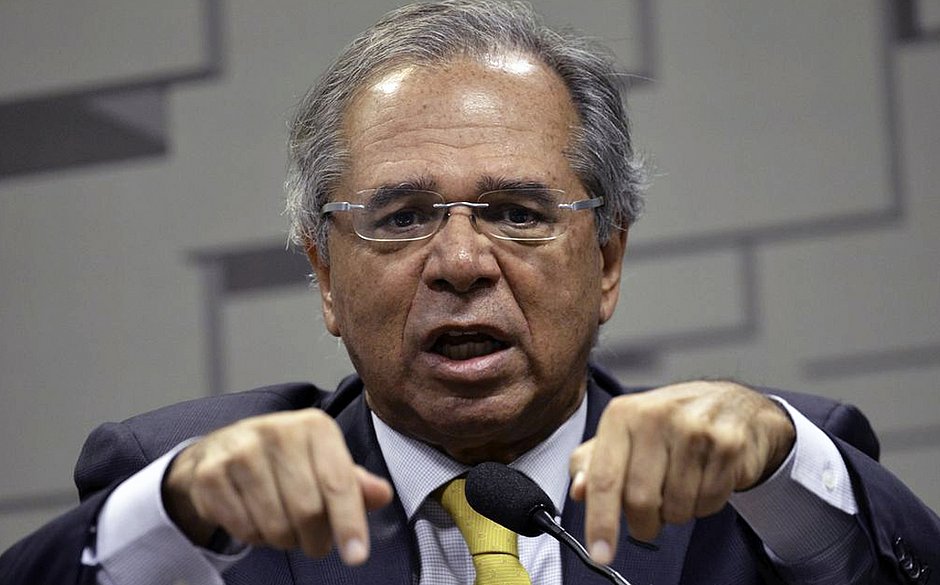RIO DE JANEIRO, BRAZIL – The Minister of Economy Paulo Guedes said on Thursday, July 16th, that he intends to remain in office until the end of the government, but if Congress hinders the intended reforms, he would leave the post.
“I only would leave at gunpoint; forcibly removed,” he said. “As long as there is this [reformist] agenda being pursued, I will be here. If President Jair Bolsonaro gives up the agenda, if Congress bars the agenda, I will have nothing to do; I will have to go home,” he said at Expert XP, an online event hosted by XP Investments.
Guedes submitted proposals for the economic rebound after the crisis triggered by the novel coronavirus. He believes that by 2021, the country’s GDP (Gross Domestic Product) could grow above two percent – a rate expected before the pandemic.
“It is too early to be so pessimistic,” declared the Minister, in reference to projections that Brazil will not grow any time soon after the crash caused by Covid-19.
The Minister’s reform plan includes redesigning the tax system, which should be divided into several projects. The first part, he said, may be delivered on Tuesday, July 21st, to the President of the Senate, Davi Alcolumbre.
The first step of the reform designed by Guedes provides for the creation of a VAT (Value Added Tax), by merging two taxes: the PIS and COFINS (Program of Social Integration and Contribution for the Financing of Social Security). The proposal is currently at the President’s Chief of Staff and now hinges on the Planalto Palace’s decision to be forwarded to Congress.
The plan is to join Guedes’ project to other tax reform proposals that are currently underway in the Chamber and Senate.
Guedes confirmed that the government is studying the creation of a tax on electronic transactions and that it wants to tax dividends as a means of reducing corporate income tax.
Despite resistance from Congress, he acknowledged that the government is still analyzing the feasibility of proposing a tax on financial transactions (a variation on CPMF, a tax on checks and other payments), but this will not be discussed now. “Let’s start [the reform] seeking harmony,” he said.

In addition to the tax reform, the Minister calls on Congress to unlock proposals that change regulatory frameworks, such as the electricity sector and the gas market. He also advocated changing the system (from sharing to concessions) in the oil sector.
According to the Minister, the building sector should experience a boom, mentioning as an example the increase in applications for real estate credit.
Guedes repeated his wish to privatize all state-owned companies, but acknowledged that this process hinges on political support within the government and in Congress.
“If I can sell state-owned companies, expedite privatizations, collect oil resources and be able to topple the [federal] debt, that’s what I must do,” he said during the videoconference.
Again, he introduced the general outline of the ‘Renda Brasil’ (Brazil Income) program, as it would be called after the redesign and expansion of the ‘Bolsa Família’ (Family Grant).
He said this program’s budget should be at least R$20 billion more than the Bolsa Família budget (currently about R$32 billion). The money should come from social programs considered less efficient by the government.
But the economic team is still looking for additional alternatives to expand this budget through ending tax exemptions, for instance.
Guedes reiterated his commitment to spending ceilings and said public spending has increased this year because of the pandemic, which is an exceptional situation.
In his opinion, if the Covid-19 crisis had occurred during a Social Democratic government, taxes would have tripled. However, the current administration will seek not to increase taxes and control spending instead.

